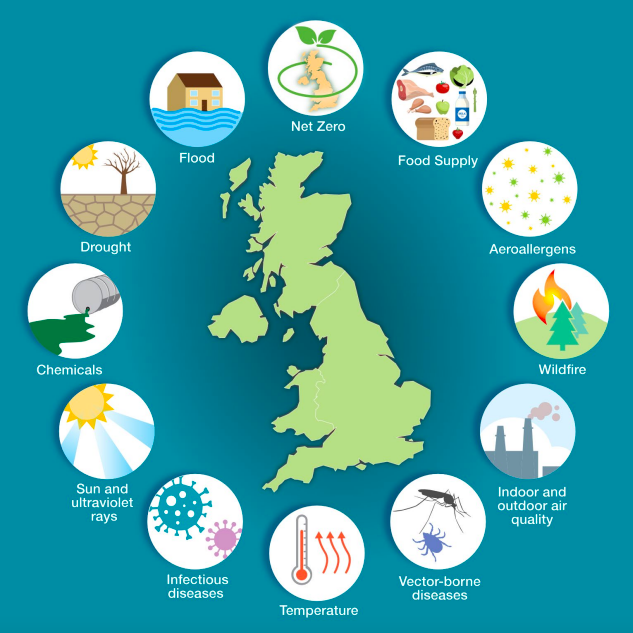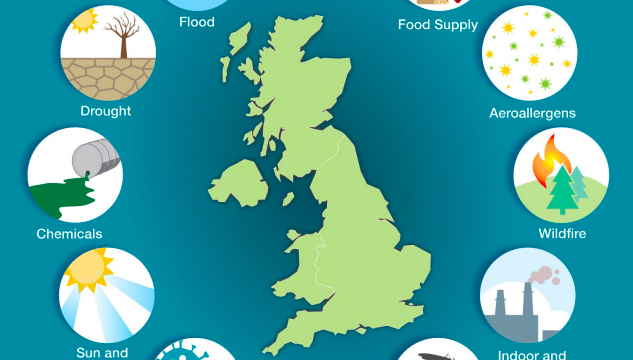UK Health Security Agency , 2023

Chapter 8 of the Health Effects of Climate Change (HECC) in the UK: 2023 report. The chapter highlights 3 public health insights for the implications of climate change on VBD. Firstly, once a non-native vector species is established, it is difficult for it to be eliminated, highlighting the critical role of early and robust vector surveillance and control. Secondly, early indications of emergence into the UK of vector species and new pathogens are already apparent: localised detection of invasive Ae. albopictus in the UK in recent years and increasing reports of small outbreaks of dengue, chikungunya and Zika in Europe are examples of early indicators of rising risk. Information and guidance for the public should raise awareness of these risks and promote behaviour changes to protect health and minimise risks. Lastly, the public health implications of changing VBD risks and introduction of the nuisance mosquito Ae. albopictus are significant and may necessitate changes to building design (such as screens on windows and doors), substantial shifts in public behaviour to avoid bites and increased awareness among frontline and diagnostic health services.
Published In: UKHSA (2023). Health Effects of Climate Change (HECC) in the UK: 2023 report



